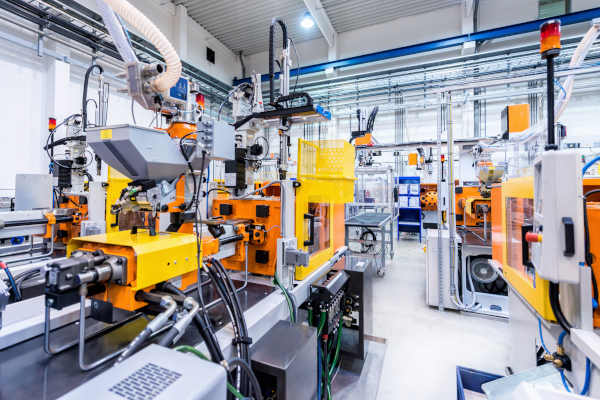
A new report from Ascential Medical & Life Sciences reveals that 69% of manufacturers have adopted some form of automation, but only 9% have fully integrated it across operations. Meanwhile, 42% of companies cite regulatory compliance as the top barrier to commercialization, and 56% say high labor and operational costs block reshoring efforts.
These findings come from the company’s 2025 State of the Industry Report, Automate, Innovate, Adapt. The report draws on exclusive survey data and expert analysis to highlight key trends in medical and life sciences manufacturing.
The report also identifies personalized medicine as a rising operational challenge, with 31% of respondents naming it the most difficult trend to manage in 2025.
“The medical and life sciences manufacturing sector is at the forefront of global healthcare innovation,” said Anupam Girdhar, CEO of Ascential Medical & Life Sciences. “Companies must learn to navigate a complex landscape of supply chain disruptions, ongoing technological advancements, and increasing regulatory demands.”
To help manufacturers adapt, the report outlines strategic takeaways, including:
- Evaluating automation technologies with an eye toward scalability and continuous improvement
- Using tailored solutions to implement automation at a manageable pace
- Optimizing supply chains through nearshoring, not just reshoring, by locating operations near customer hubs to balance cost and risk
The report suggests that companies embracing flexible supply chain models and smart technology adoption will be best positioned for success amid the industry’s rising complexity.